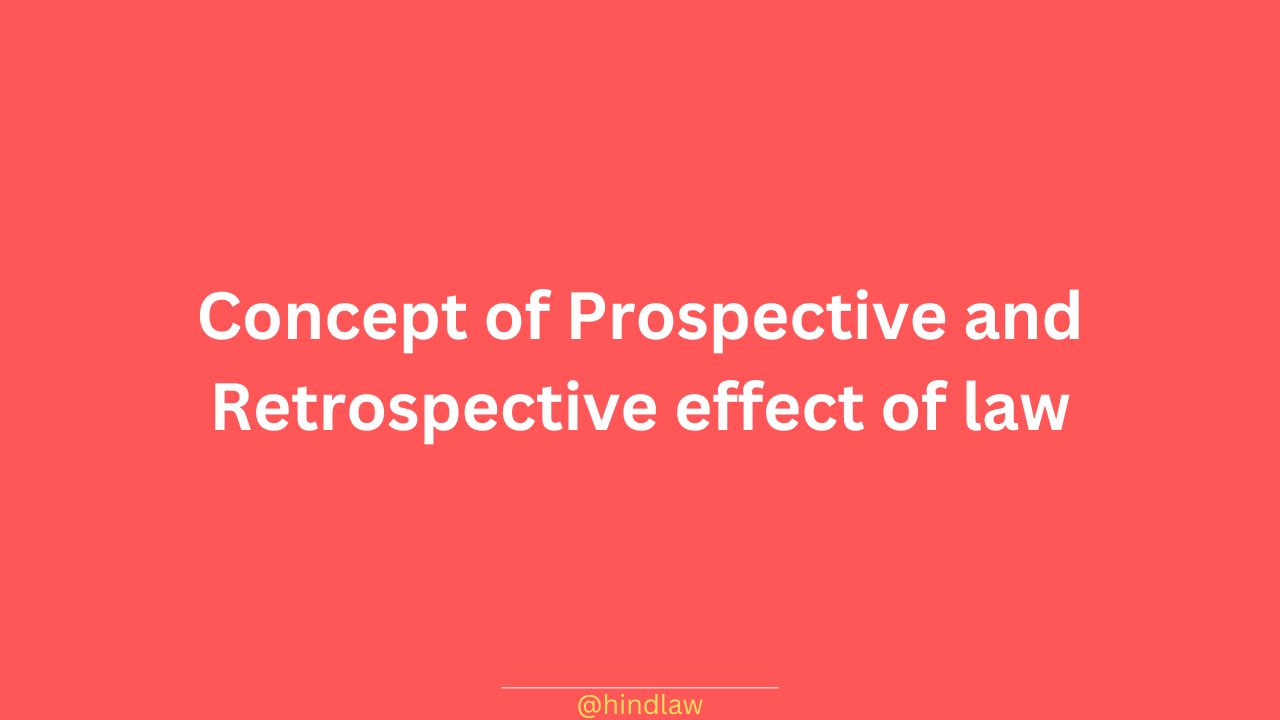All about conception of crime under IPC
Crime is the intentional commission of an act usually considered socially harmful or dangerous and specifically defined, prohibited, and punishable under criminal law.
It is different from torts, crime is not just a wrong against any person but is also a wrong committed against the society or a public wrong and it includes acts like murder, rape and theft etc. It is not a case which arises out of the differences between two parties but is a case between the wrongdoer (offender) and the state.
Crime can also be understood as a reflection of the law of the land/ Nation/State. Any act can only be considered as criminal in accordance with the law of that particular country in which it is committed. This creates a difficulty in defining crime as what may be considered a criminal action in one country may not be viewed the same way in another.
Finally, more recently, concepts of crime have emerged that are formed beyond the limits of specific nation or state laws, based on general social and political theory. In most western societies, crime is of individual responsibility and so places blame on individuals rather than the systems they are contained within.
Such as, during the reign of Hitler in Nazi Germany, the systematic slaughter of the Jewish race was not considered criminal. However, when reconsider, the Holocaust (massacre) is considered to be the ‘greatest crime in history’.
When it came to the trial of the officers involved and responsible, only a small number were named as personally responsible. This is because it was decided that many of those involved could not be charged as they were simply following the instructions issued to them by their superiors and so did not willingly commit the crimes. Here we can see another difficulty emerging which affects the definition of crime, which goes beyond the action itself.
In conclusion, we understand that the content of crime changes along with time and the changing needs of society. Also, it changes from society to society. In India, a woman driving is something that is not disproved or disliked whereas in Saudi Arabia women driving was considered a crime earlier. Even in India we can see laws changing from state to state.
So, it can be said that no action in itself is criminal, and we can see that there exist great difficulties associated with defining the concept of crime ranging from social and historical context to individual and personal circumstances. It is unlikely that a general definition of crime would satisfy all possible elements of crime in all environments. Therefore, it all depends upon the criminal law of a particular country to define any act as crime.
Also Read:
4 Main Elements of Crime or criminal liability
4 Stages of Crime under Indian Penal Code (Simplified)













